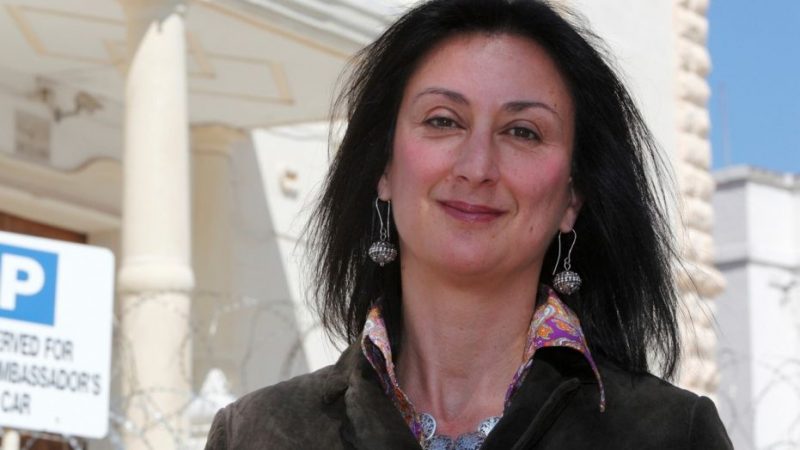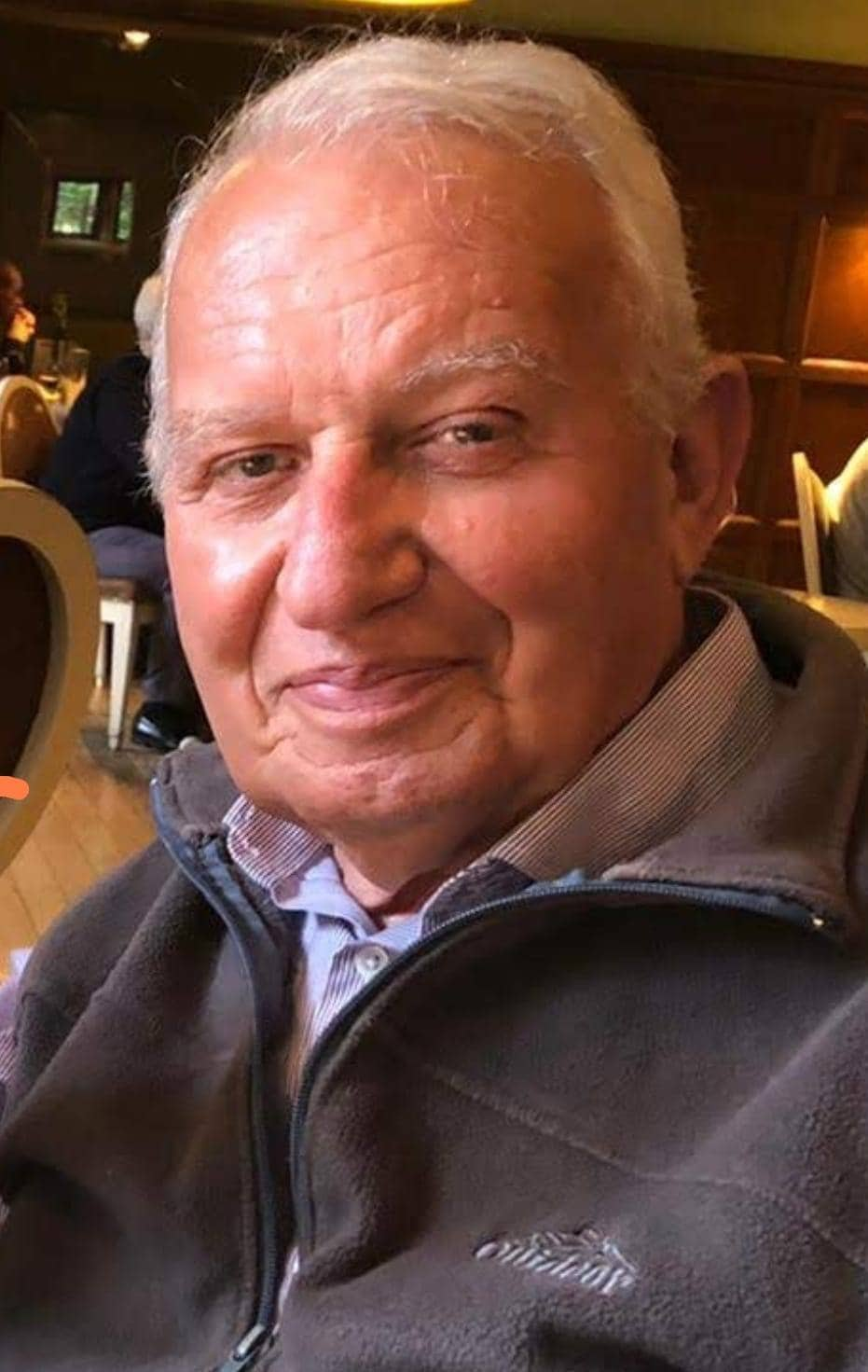Ten Maltese nationals have been arrested in a number of raids carried out in relation to the murder of journalist Daphne Caruana Galizia, but these were mostly people known to the police in a nest of criminality in Marsa, sources told The Shift.
While the Prime Minister was holding the press conference saying eight had been arrested and that all areas raided were under police control, another two arrests were being made, bringing the total to 10 arrested. This led to comments on social media saying the announcement was a “premature ejaculation”.
The Police Commissioner’s absence did not go unnoticed. The fact that the announcement was made by Joseph Muscat and not by Police Commissioner Lawrence Cutajar was yet another vote of no confidence in the police force’s top brass, according to sources close to the police who spoke to The Shift.
“The press conference should have been addressed by the Police Commissioner. Instead, the arrests were announced by the Prime Minister. This can only be explained by the ineptitude of the people leading the police force. The Prime Minister simply did not want the police to embarrass themselves again,” the sources said.
The area in Marsa – one of the locations in which arrests were made – that was sealed off in the early hours of the day, is a “nest of criminality, ranging from people involved in prostitution rackets to people involved in more serious criminality and which can be deemed as ‘dangerous’,” sources said. Other raids were carried out in Zebbug and St Paul’s Bay.
The arrests came hot on the heels of an MEP fact-finding mission that concluded the situation on the rule of law was worse than expected.
Muscat said the arrests were the result of a joint operation in Marsa between the police, the security services, the Armed Forces of Malta and foreign investigators. The Shift’s sources explained that such raids are only carried out if the security forces had been tipped off or if “solid” information is available.
Most probably, the raids were only carried out after the collection of data by the FBI, Europol and Finnish investigators, who are in possession of equipment which retrieves information from mobile phones, social media sites and others, sources said. They added that the Maltese police force do not have the equipment and know how to retrieve such information.
The police now have 48 hours to interrogate the suspects before deciding whether to arraign them or free them on bail. If the suspects are not arraigned within the first 48 hours, the police can only arraign them upon a court order.
Muscat refused to say whether the people arrested were solely involved in the execution of the murder or whether they included the mastermind.














